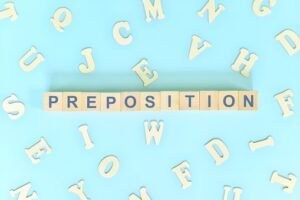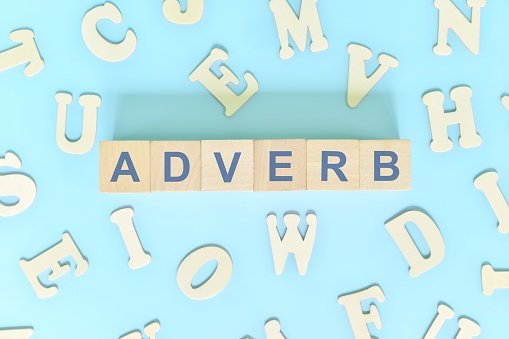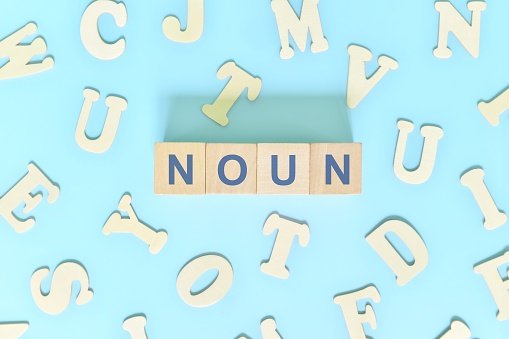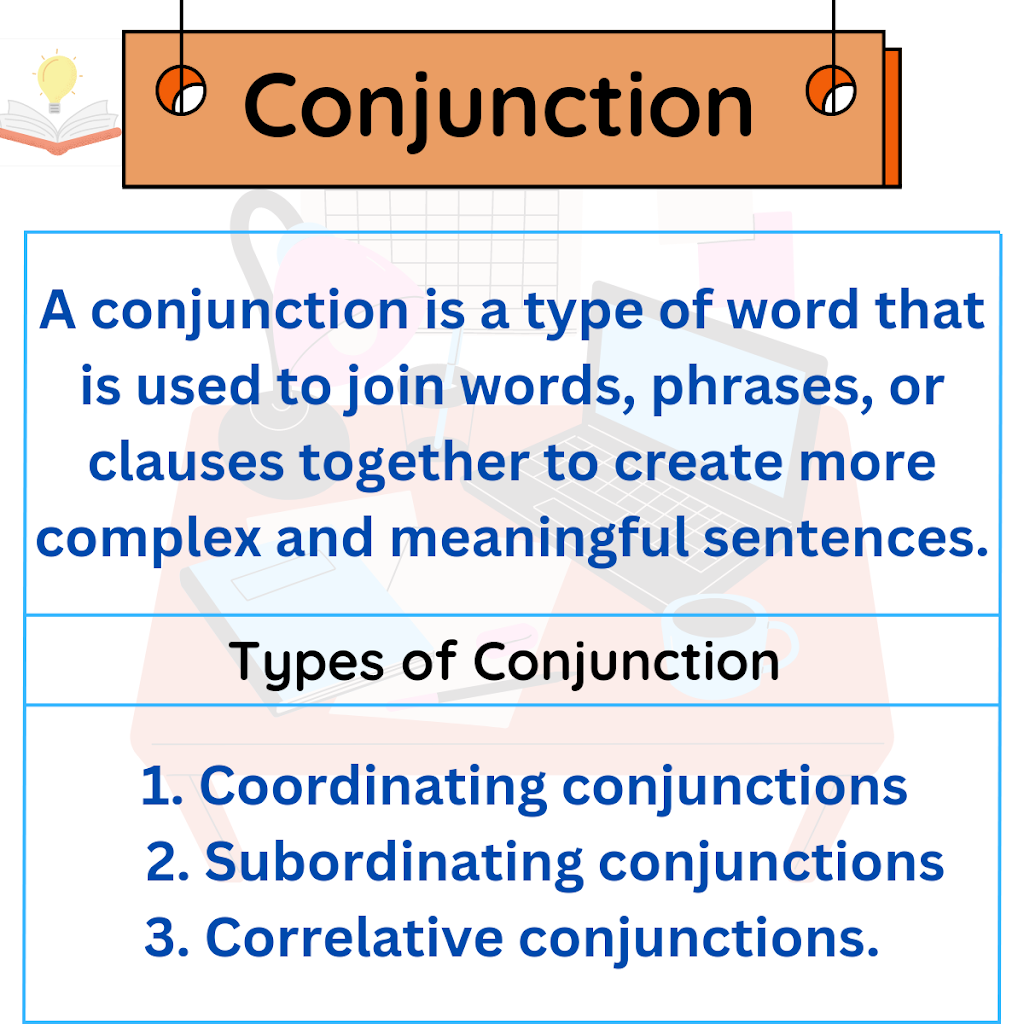What is preposition? | Meaning, Definition, kinds, rules, and examples
A preposition is a type of word that typically indicates the relationship between a noun or pronoun and other words in a sentence. It usually shows the location, direction, or timing of an action or event. Here is some information about prepositions:
Preposition Meaning and Definition
Preposition Meaning:
A preposition is a word that links a noun or pronoun to another word in a sentence, expressing its relationship to that word.
Preposition Definition:
Prepositions are words that show the relationship between nouns and other words in a sentence. They can be used to indicate direction, location, time, manner, and other relationships.
Kinds of Preposition :
There are several kinds of prepositions, including:
- Simple prepositions:
- Compound prepositions:
- Double prepositions:
- Participial prepositions:
Simple prepositions:
These are the most common types of prepositions and include words such as in, on, at, with, and by.
Compound prepositions:
These are prepositions that consist of two or more words, such as instead of, in spite of, and because of.
Double prepositions:
These are prepositions that consist of two separate words, such as out of and up to.
Participial prepositions:
These are prepositions that are formed from participles, such as concerning, considering, and during.
Preposition Rules:
Here are some general rules for using prepositions:
- Prepositions typically come before a noun or pronoun.
- Prepositions are often used to indicate location or direction. For example, “I’m going to the store” uses the preposition “to” to indicate the direction of the action.
- Prepositions can also be used to indicate time or manner. For example, “I went to the store at noon” uses the preposition “at” to indicate the time of the action.
- Prepositions can be used to link two clauses or sentences together. For example, “I will see you tomorrow, unless something comes up” uses the preposition “unless” to link the two clauses together.
Examples of preposition :
Here are some examples of prepositions in use:
She sat on the couch.
- The book is on the table.
- The cat is under the bed.
- He ran towards the finish line.
- I’m going to the store.
- The meeting is at noon.
- I walked along the beach.
- The car drove over the bridge.
- We’re having a party for my birthday.
FAQ – What is preposition
Here are some frequently asked questions (FAQs) about prepositions:
What is the function of a preposition in a sentence?
A preposition typically indicates the relationship between a noun or pronoun and other words in a sentence. It shows the location, direction, or timing of an action or event.
How do I know which preposition to use in a sentence?
There are no hard and fast rules for which preposition to use in a given sentence. However, you can use context clues and your knowledge of common prepositions to choose the correct one.
Can a sentence have more than one preposition?
Yes, a sentence can have more than one preposition. For example, “The cat jumped onto the table and knocked over a vase.”
Can a preposition be a single word or a phrase?
A preposition can be a single word or a phrase. Single-word prepositions include words such as “in,” “on,” “at,” and “with.” Phrasal prepositions include phrases such as “in front of,” “on top of,” and “in spite of.”
Can a preposition be used at the beginning of a sentence?
Yes, a preposition can be used at the beginning of a sentence. This is known as a prepositional phrase. For example, “In the morning, I like to drink coffee.”
Are there any prepositions that have more than one meaning?
Yes, some prepositions can have multiple meanings depending on the context in which they are used. For example, “over” can mean “above” or “across,” while “through” can mean “from one side to the other” or “by means of.”
Can a preposition be used as a conjunction?
No, a preposition cannot be used as a conjunction. However, some conjunctions can function as prepositions in certain contexts. For example, “before” can be a conjunction when used to link two clauses, but it can also be a preposition when used to indicate time.
Are prepositions always followed by nouns or pronouns?
No, prepositions are not always followed by nouns or pronouns. They can also be followed by gerunds (verbs ending in -ing), infinitives (to + verb), and clauses.
Can a sentence be complete with just a preposition?
No, a sentence cannot be complete with just a preposition. A preposition is a type of function word that is used to connect other words or phrases together, but it cannot stand alone as a sentence on its own.
Is there a definitive list of all prepositions?
No, there is no definitive list of all prepositions because new prepositions can be created over time as the English language evolves. However, there are many common prepositions that are used frequently in everyday language.
Conclusion
In conclusion, prepositions are an essential part of the English language that link nouns and pronouns to other words in a sentence. They typically indicate the relationship between these words in terms of location, direction, time, manner, and other relationships. There are several kinds of prepositions, including simple, compound, double, and participial prepositions. Prepositions can be used to link two clauses or sentences together, and they can be followed by nouns, pronouns, gerunds, infinitives, and clauses. While there is no definitive list of all prepositions, there are many common prepositions that are used frequently in everyday language. Knowing how to use prepositions correctly can improve your writing and communication skills in English.



